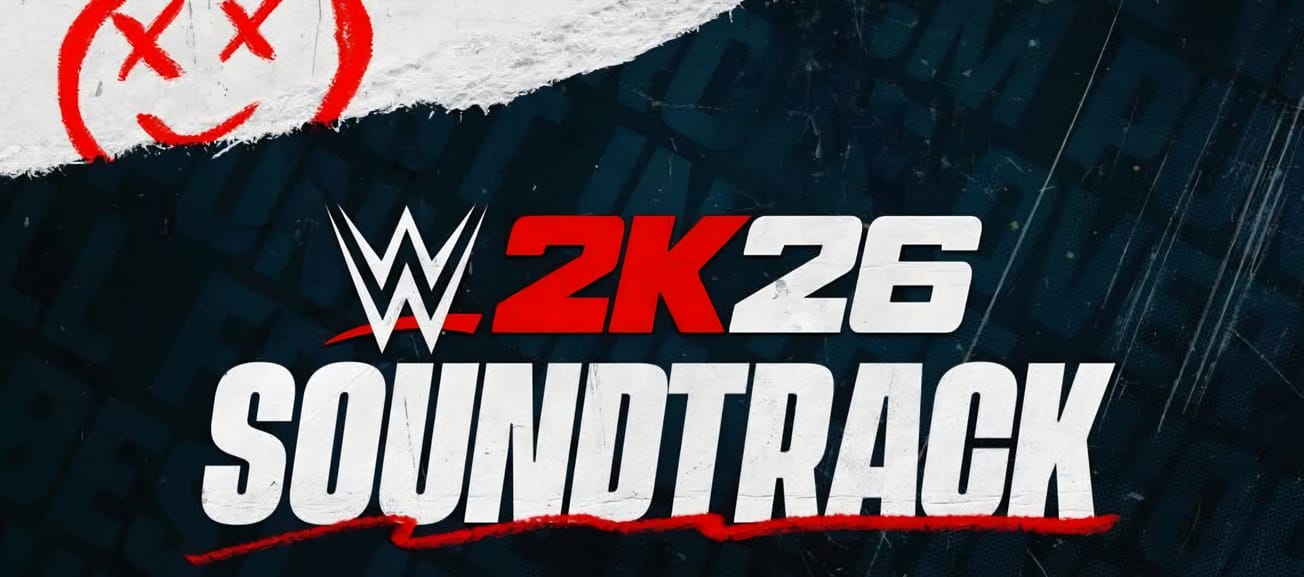In 2003, Static-X were suffering a bit of an existential crisis. Following the critical success of their hit debut album Wisconsin Death Trip in 1999, then the lukewarm reception of 2001’s Machine, tensions were running high. Where Wisconsin Death Trip had been a collaborative experience for the band, Machine had been entirely written by Wayne Static while the band toured for the former. The resentment built like a pressure cooker, slowly but surely pushing the band towards a schism that proved irreparable for guitarist Koichi Fukuda, who would exit the band entirely.
In 2002, Static-X received an extraordinary opportunity when Jonathan Davis of Korn found himself in a contract dispute with Sony after writing "Not Meant For Me" for the Queen of the Damned soundtrack, for the film based on the novel by Anne Rice. Davis was unable to record the track himself and, after reaching out to several metal artists to record the song instead, decided that Static-X were the best fit for the job.
The track was enough of a success that it caught the eye of Warner Bros. executives, who encouraged the band to pursue this new sound on their third studio album. This time, the writing experience would be more collaborative, with plenty of effort from Tripp Eisen (who was brought in to replace Fukuda), as well as Josh Freese of A Perfect Circle, who was tapped to replace drummer Ken Jay, who dropped out of the band two days prior to recording.
The result of all this is Shadow Zone, which was released on October 7, 2003. The album is a clear departure from their previous work, including their successful debut, but this reinvention was not solely to sate the palate of Warner Bros. executives. Shadow Zone was a pivotal stage in the metamorphosis of Static-X. Not a perfect stage, but a pivotal one.
Shadow Zone leads off with “Destroy All,” a track that lays bare their frustrations in the new millennium. It’s a quick start, coming in at just over the two minute mark, and an angry one, too, led by Eisen’s dirty and decisive guitar riff. This track fades so seamlessly into “Control It” that the two nearly feel like halves of one song, though this latter “half” proves better than the former.
Korn’s shadow looms heavy over the album, but is most prevalent in the fourth track, “Shadow Zone,” which comes in hot with a disco beat and vocals so Jonathan Davis-coded I had to double check that he isn’t featured. Though not the heaviest hitter of the record, it’s easy to understand how it made its way to the title; nothing short of explosive, and impossible not to nod along to.
Following a half-point lull with “Dead World,” “Monster,” and “The Only” (the latter of which would be the album’s lead-off single – a boring but unsurprising choice, given its commerciality), they pick the pace right back up with “Kill Your Idols” and “All In Wait.” Both of these tracks move at speed, returning to the urgency they led off with; and, like the first two songs on the album, pair like sister-tracks, transitioning so smoothly the difference could slip past you, if you’re not listening closely for it. The effect of this transition, like many others on the album, evokes an almost cinematic experience.
But Shadow Zone’s crown jewel is “So,” the third-to-last track. This is the only song on the album that does not transition smoothly from the one prior; just as “Otsegoletric” (an otherwise fun song dampened by a boring chorus) fades out, “So” drops in with a slow, piano-backed beat that departs from Korn’s influence and leans toward Nine Inch Nails. It’s a graceful, unique, and vulnerable entry to an otherwise explosive discography.
Following a misfire with “Transmission” – the album’s only instrumental track, which offers nothing of note, save for an extra minute and a half of run time – Static-X finishes strong with “Invincible,” a song that maintains just a bit of “So’s” soft touch while simultaneously returning to their heavier impulses.
While Shadow Zone didn’t make waves at the time of its release, it still proves itself a critical addition to Static-X’s discography. Despite drama, departures, and dismay, the group persevered to put forth an imperfect but admirable record. Even without booming critical success, it’s more than many other groups can purport to achieving.










